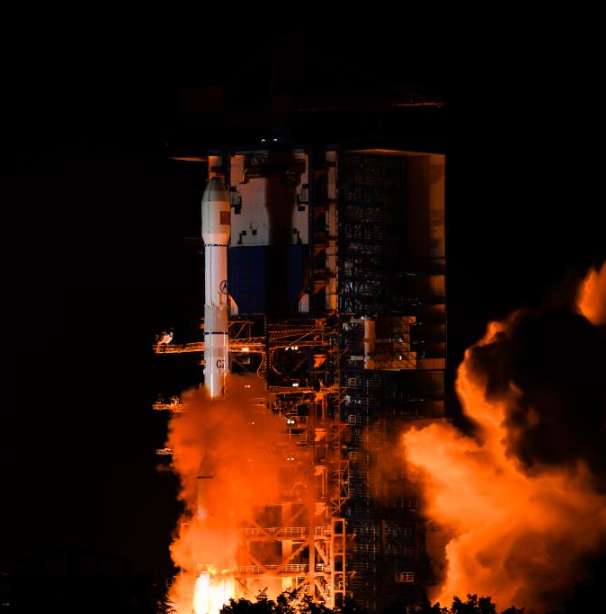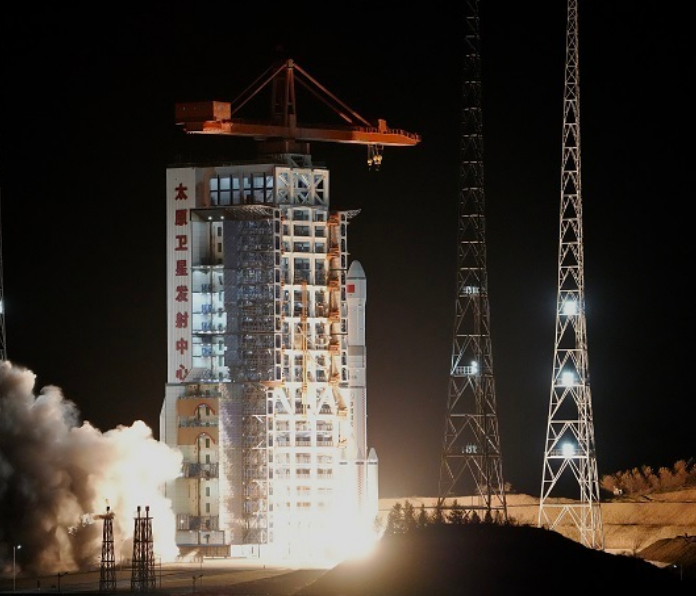16
2022-11
Hong Kong Aerospace Technology Group and Asia-Pacific Space Cooperation Organization Entered into a Memorandum of Understanding on All-round Cooperation

On 16 November 2022, the Company and Asia-Pacific Space Cooperation Organization (‘‘APSCO’’) entered into a memorandum of understanding (the ‘‘MOU’’) in relation to the comprehensive cooperation in areas such as satellite manufacturing, satellite data, aerospace industry supply chain, aerospace education and training, organization of international conferences and forums.
Pursuant to the MOU, the Group will provide APSCO and its member states with businesses and services such as satellite manufacturing, satellite assembly, integration and comprehensive testing; satellite tracking and control and satellite data application and the aerospace industry supply chain. The Group, APSCO and its member states will jointly carry out aerospace education programmes and trainings and hold international academic exchanges and aerospace-related academic conferences and forums.
The Company is of the view that the cooperation with APSCO will have a significant impact on the Group’s Aerospace Business. The Group may also contribute to the development of space technology in countries in the Asia-Pacific region and facilitate international-level exchange of experiences in the industry.
About APSCO
APSCO is an inter-governmental organization, established in 2008 and headquartered in Beijing, China, which currently has 8 full members, including China, Mongolia, Pakistan, Thailand and Peru; 1 signatory member being Indonesia; 1 associate member being Egypt; and 2 observer country or organization. The objectives of APSCO are to promote the development of the aerospace industry of its member states, carry out multilateral cooperations in space science, technology and its application, enhance the member states ‘space capabilities and facilitate the peaceful uses of the outer space by the mankind.
**The English version on this Website is generated from the Chinese version . In case of doubt or discrepancy in the two versions, the Chinese version shall prevail.**
-
29
2025-05

Tianwen-2 Mission Launched Successfully
At 1:31 AM today, China successfully launched the Tianwen-2 planetary exploration probe from the Xichang Satellite Launch Center using the Long March-3B Y110 carrier rocket.
-
13
2025-05

Communication Technology Experiment Satellite No. 19 Successfully Launched
At 2:09 on May 13, China successfully launched the Communication Technology Experiment Satellite No. 19 from the Xichang Satellite Launch Center using a Long March 3B carrier rocket. The satellite smoothly entered its predetermined orbit, and the launch mission was a complete success.
-
12
2025-05

Remote Sensing Satellite No. 40, Group 02, Successfully Launched
On May 11 at 21:27, China successfully launched the Remote Sensing Satellite No. 40, Group 02, from the Taiyuan Satellite Launch Center using a Long March 6A carrier rocket. The satellite entered its predetermined orbit smoothly, and the launch mission was a complete success.









